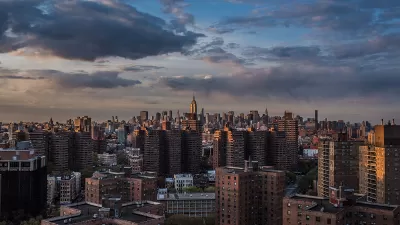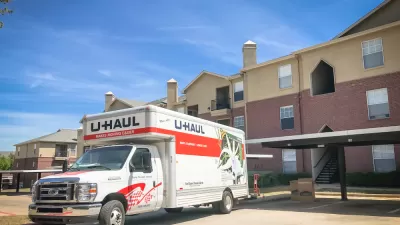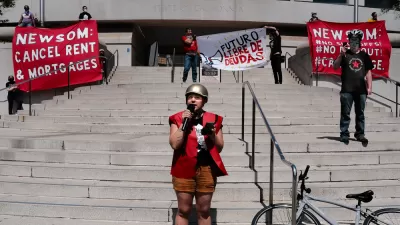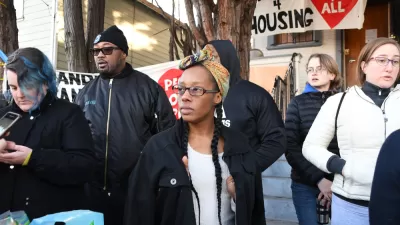An expanded housing voucher program is needed to address the medium- and long-term economic consequences of COVID-19.

The COVID-19 crisis has thrown light on the fragility of millions of American families for whom a missed paycheck forces a decision between paying rent and buying food. An eviction moratorium will help temporarily but will not solve the long-term housing problems associated with COVID-19. Temporary rent subsidies, similarly, would help only for a short time. The economic disruption of COVID-19 cannot be reversed overnight; there will likely be high levels of unemployment for some time – at least months and potentially years. Even after people get back to work, low wages compared with rents will likely persist. This is what happened during the Great Recession; incomes fell faster than rents, leading to larger numbers of people with severe housing cost burdens. Rents generally cannot fall to the level needed to allow the lowest-income people to afford them. Landlords need enough rent to cover their mortgages and keep the housing in adequate condition.
Already before COVID-19, the affordability crisis was starting to get more attention. Some presidential candidates had proposals for expanding the Housing Choice Voucher program, which helps pay the rent in private market housing, including housing that a family may already occupy. Others have proposed rent subsidies that would operate through the tax system.
FULL STORY: Expanding Housing Choice Vouchers Would Strengthen the Safety Net

Montreal Mall to Become 6,000 Housing Units
Place Versailles will be transformed into a mixed-use complex over the next 25 years.

Planetizen Federal Action Tracker
A weekly monitor of how Trump’s orders and actions are impacting planners and planning in America.

DARTSpace Platform Streamlines Dallas TOD Application Process
The Dallas transit agency hopes a shorter permitting timeline will boost transit-oriented development around rail stations.

Chicago Judge Orders Thousands of Accessible Ped Signals
Only 3% of the city's crossing signals are currently accessible to blind pedestrians.

Philadelphia Swaps Car Lanes for Bikeways in Unanimous Vote
The project will transform one of the handful of streets responsible for 80% of the city’s major crashes.

Interactive Map Reveals America's “Shade Deserts”
Launched by UCLA and American Forests to combat heat-related deaths, the tool maps the shade infrastructure for over 360 U.S. cities.
Urban Design for Planners 1: Software Tools
This six-course series explores essential urban design concepts using open source software and equips planners with the tools they need to participate fully in the urban design process.
Planning for Universal Design
Learn the tools for implementing Universal Design in planning regulations.
City of Mt Shasta
City of Camden Redevelopment Agency
City of Astoria
Transportation Research & Education Center (TREC) at Portland State University
US High Speed Rail Association
City of Camden Redevelopment Agency
Municipality of Princeton (NJ)





























